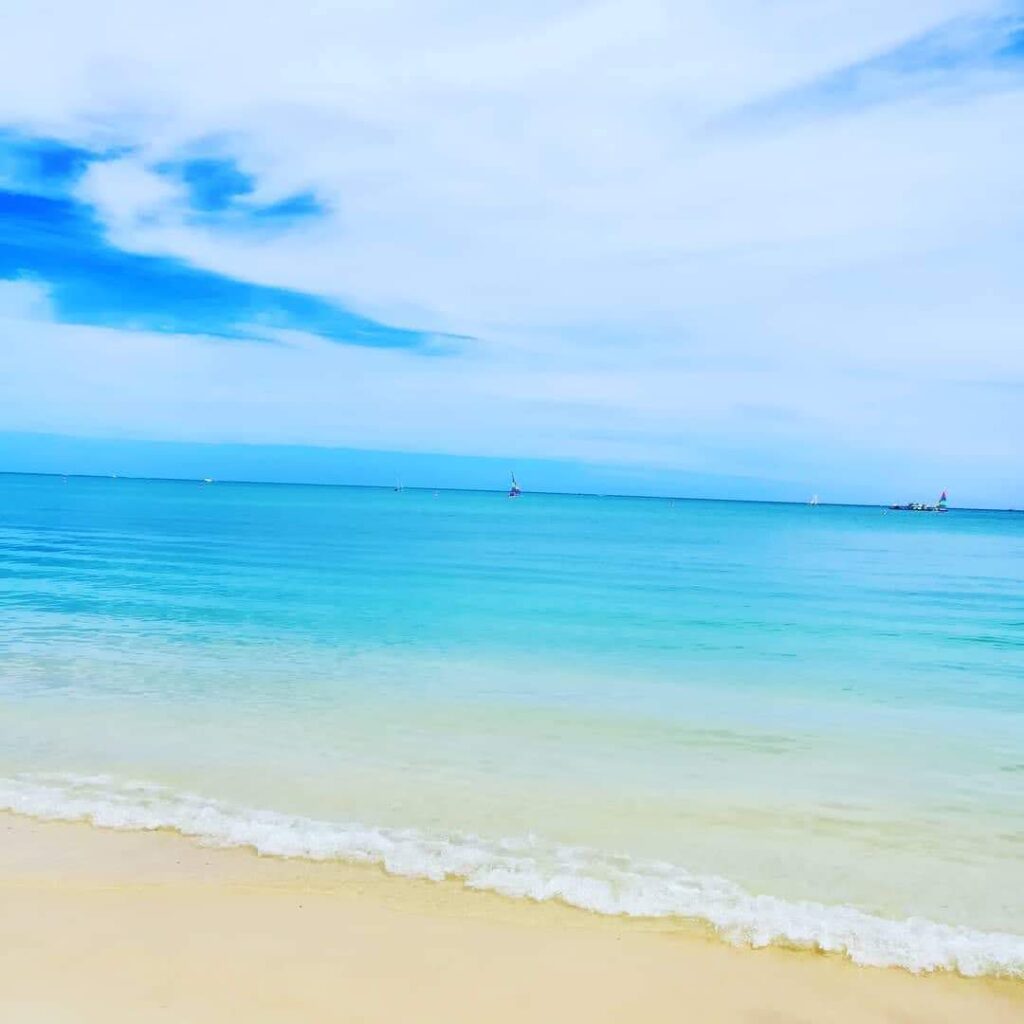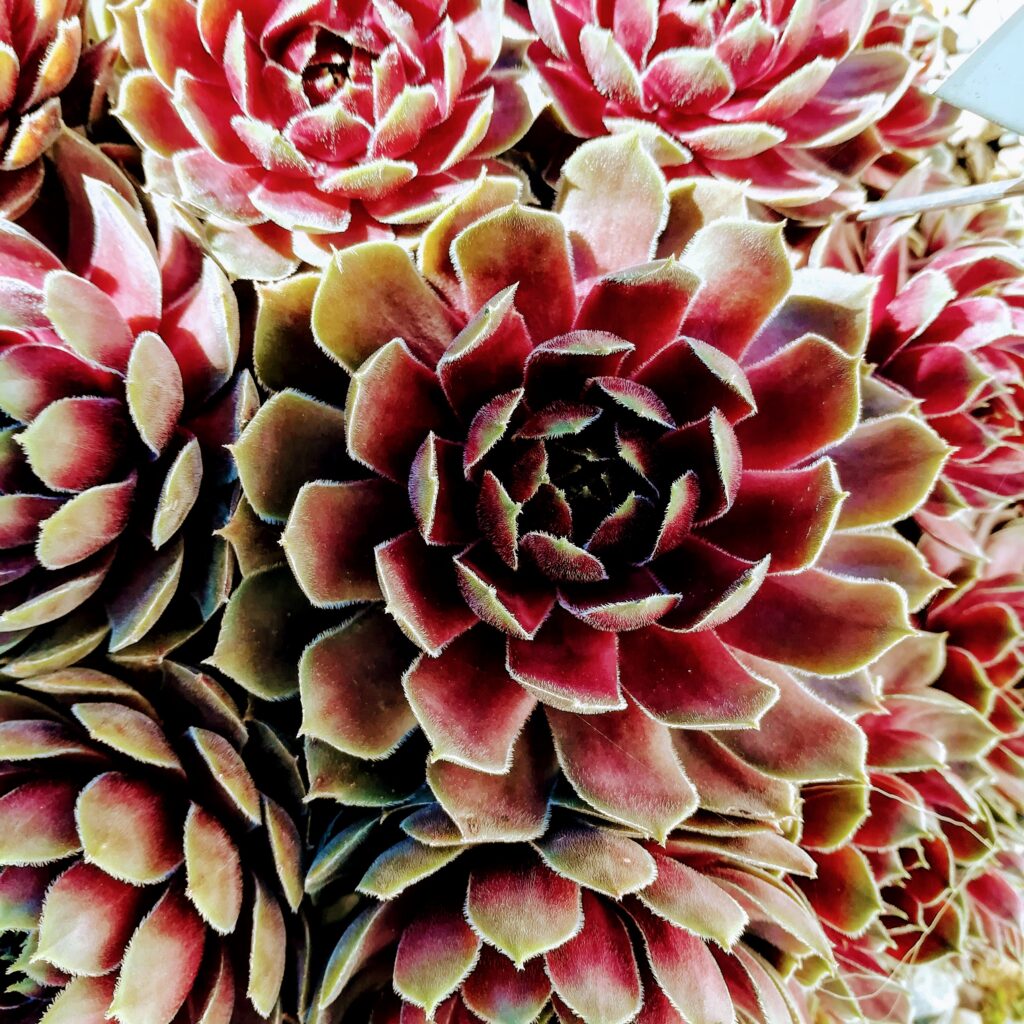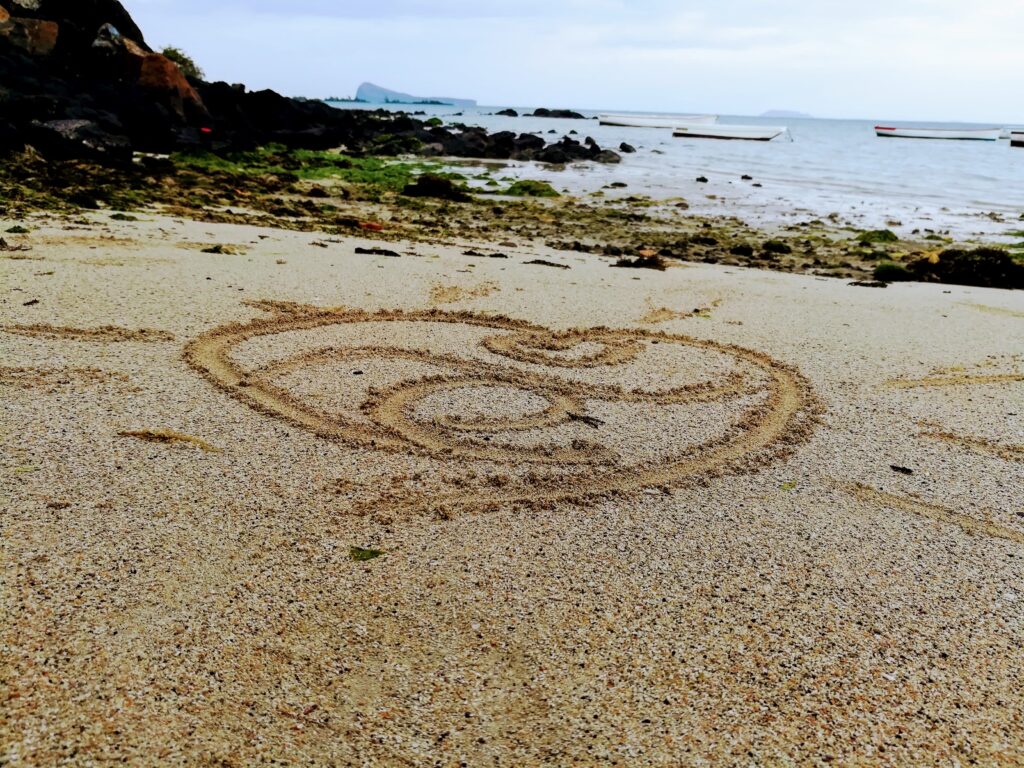
I am reading a book on Greek mythology and the great heroes like Heracles (also known as Hercules) and Jason (of the Golden Fleece legend). Mythologist Joseph Campbell, in his framing of the Hero’s Journey, suggests that we’re all heroes of our own lives. The question is what is the quest we’re on, what are we striving for, what is the success we seek, what do we generate as a result? In the Greek myths, the heroes often pursue glory by overcoming adversity and vanquishing enemies, often with great bloodshed. Heroes may be exceptional characters but they are also archetypes, role models who inspire others. Alexander the Great attempted to emulate Heracles, down to his lion headdress and his conquest of the world.
The more celebrated modern-day hero is not a great conqueror but an entrepreneur who generates enormous wealth. Take Elon Musk, the world’s richest man who has also just been named 2021 man of the year by Time Magazine. Musk has accomplished a lot on the world stage – innovations, money, growth, etc. He is also a somewhat self-made man – he didn’t inherit his wealth. But Musk is also reviled in some quarters for what he chooses to do with his great wealth.

Another kind of hero is the Dalai Lama. He’s cherished for his wisdom and his response to great challenges. He is a broker in compassion. While Musk generates innovations and wealth for himself and investors, the Dalai Lama generates wellbeing for others. The Dalai Lama also has had a heroic life, fleeing his native Tibet and the Chinese takeover. His response to this adversity is grace rather than animosity to the Chinese regime. His capital lies in the goodness he generates in compassion for others.
While Musk and the Dalai Lama are rare larger-than-life figures, there are far more quiet everyday heroes, working ordinary jobs, quietly helping others, creating ripples of joy and change. I have encountered many such people, as you likely have as well. There was a humble office cleaner at the African Leadership University who placed exquisite vases of flowers in the staff break room as an offering of beauty. There is an aunt who was crippled by arthritis but wore a grin and broke out frequently in infectious giggles. There is a gentle woman I met in Mauritius who lost her son in a violent attack but only radiates kindness and generosity.
I recently conducted a hackathon for a community change agent named Juanita Montgomery in Greensboro who created an organization named WIIN (https://www.walkinginitnow.com/) that promotes stepping up to a greater purpose. When I invited her to introduce herself, she instead chose to speak about everyone else in the room, naming what she valued about them. The message that emerged from the hackathon was the quality embodied by Juanita, the concept of love capital – multiplying goodwill and mutual assistance.
The author David Brooks states” “To lead a worthy life, you sort of have to have three projects or three accomplishments. One is to be in internal harmony with yourself. And that’s to do the practices that will elevate you. I like reading spiritual books as my way to get my insides elevated rather than degraded. The second is to be in harmony with others. And I think the crucial skill there is the ability to see people and understand them and make them feel that they’ve been considered, heard and understood. And then the final thing is to commit to some great loves, to fall in love with great things and really commit to them.” Many heroes easily check the third element of creating great things from a place of passion, and some may even manage the first element of being at peace with themselves (though most don’t), but very few can claim the second attribute of offering kindness to others.
We live in a time when we need many more true heroes like Juanita who spread love capital in communities. Unlike other forms of capital, love capital is infinite and not a zero-sum game. Love capital doesn’t require strength, power, money or fame. It asks us to invest our time, our attention, and our efforts in kindness to others. What love capital generates, compounds. Kindness received is often passed on to others.
Who do you know who is a hero who creates love capital? How do they generate, invest in, and multiply this resource? What can we ourselves do to become brokers of love capital? As we head into the holidays, I will be thinking more about love capital and what I can do in the New Year to create more of it in a world much in need of love.

Related Posts:
https://www.linkedin.com/pulse/season-light-lyndon-rego/




